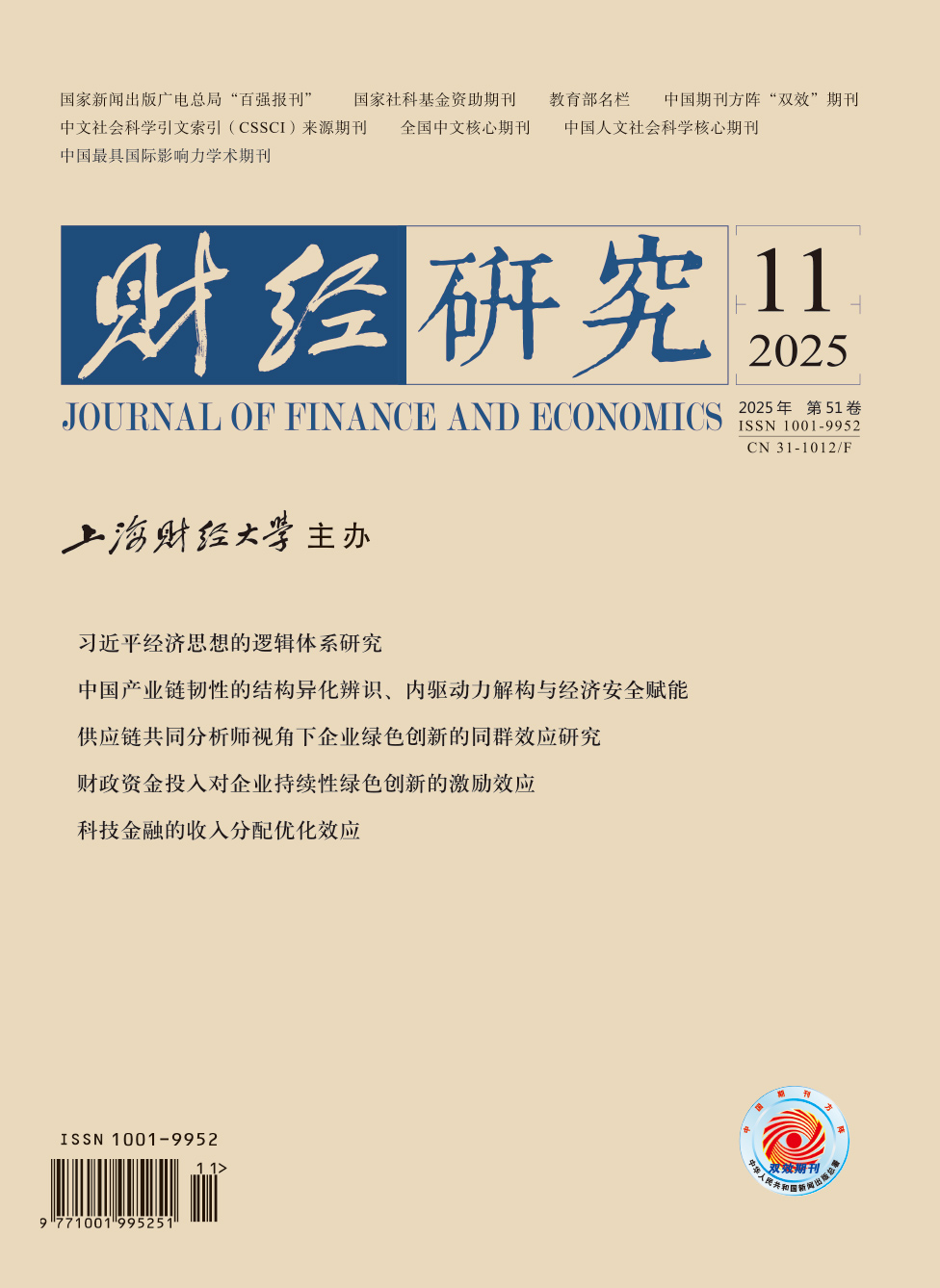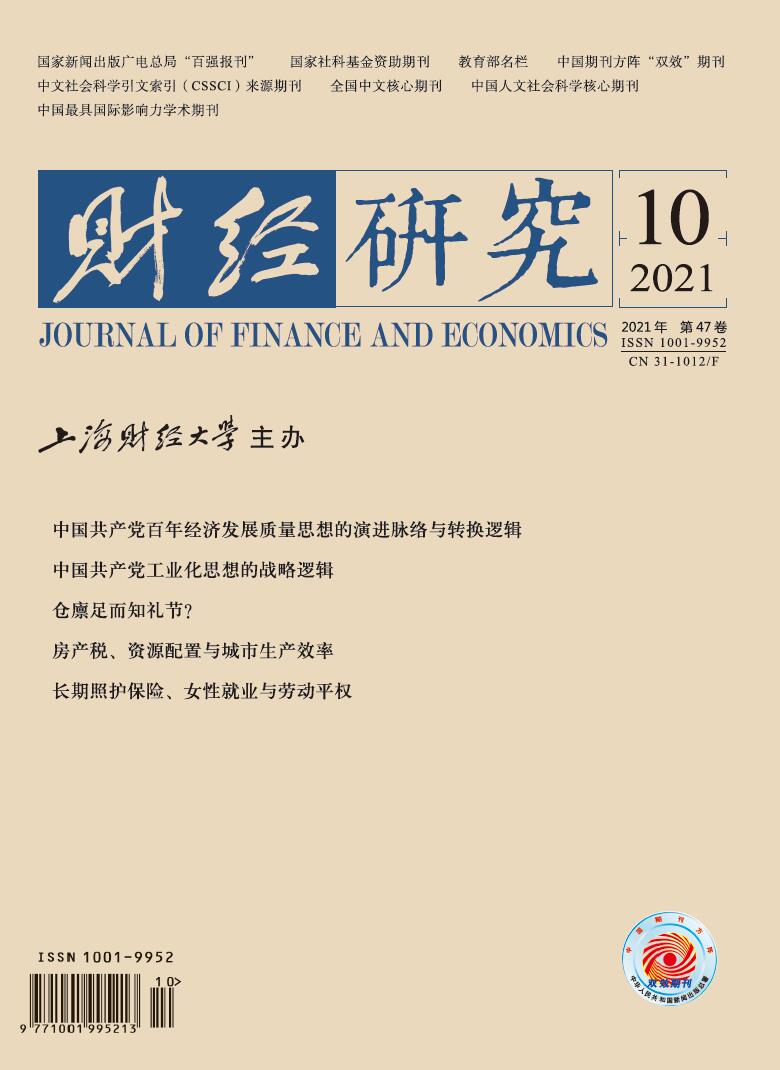With the popularity of Internet and intelligent electronic products, adolescents spend more time playing video games and watching TV online, which has gradually become a concern of the whole society. However, there is no research on the peer effects of electronic media in China. Using the 2013-2014 random class assignment data from China Education Panel Survey(CEPS), this paper analyzes the peer effects of playing video games and watching TV online among the students in seventh and ninth grades. We study the extended margin of peer effects from the participation behavior of playing video games(watching TV), and the intensive margin of peer effects from the time spent on playing video games(watching TV). The results suggest positive and significant peer effects in both participation and time spent in playing video games(watching TV). The probability of students playing video games(watching TV)increases by 0.212%(0.286%)if the proportion of their classmates playing video games(watching TV)increases by 1%; while the time students spending on playing video games(watching TV)increases by 0.338(0.240)hours if their classmates spend 1 more hour playing video games(watching TV). The results are robust after excluding correlation effects using instrumental variables or pseudo regression. The analysis of the influence mechanism of peer effects shows that the better the relationship between classmates, the greater the peer effects of playing video games, but this mechanism has no significant influence on the peer effects of watching TV. The severity of parents to their children playing video games(watching TV)does not change peer effects. The results of heterogeneity analysis show that the proportion of peer participation affects the student behavior of playing video games or watching TV on weekdays or weekends, but the peer effects only significantly affect the time spent on weekends, and does not significantly affect the time spent on weekdays. There is no significant difference in peer effects between male and female students playing video games, but the peer effects of female students watching TV are greater.
 / Journals / Journal of Finance and Economics
/ Journals / Journal of Finance and EconomicsJournal of Finance and Economics
LiuYuanchun, Editor-in-Chief
ZhengChunrong, Vice Executive Editor-in-Chief
YaoLan BaoXiaohua HuangJun, Vice Editor-in-Chief
Peer Effects of Electronic Media Use Among Adolescents: A Class Social Network Perspective
Journal of Finance and Economics Vol. 47, Issue 10, pp. 125 - 139 (2021) DOI:10.16538/j.cnki.jfe.20210313.302
Summary
References
Summary
Cite this article
Dong Caiting, Chen Yuanyuan. Peer Effects of Electronic Media Use Among Adolescents: A Class Social Network Perspective[J]. Journal of Finance and Economics, 2021, 47(10): 125-139.
Export Citations as:
For
ISSUE COVER
RELATED ARTICLES





 5460
5460  9067
9067

